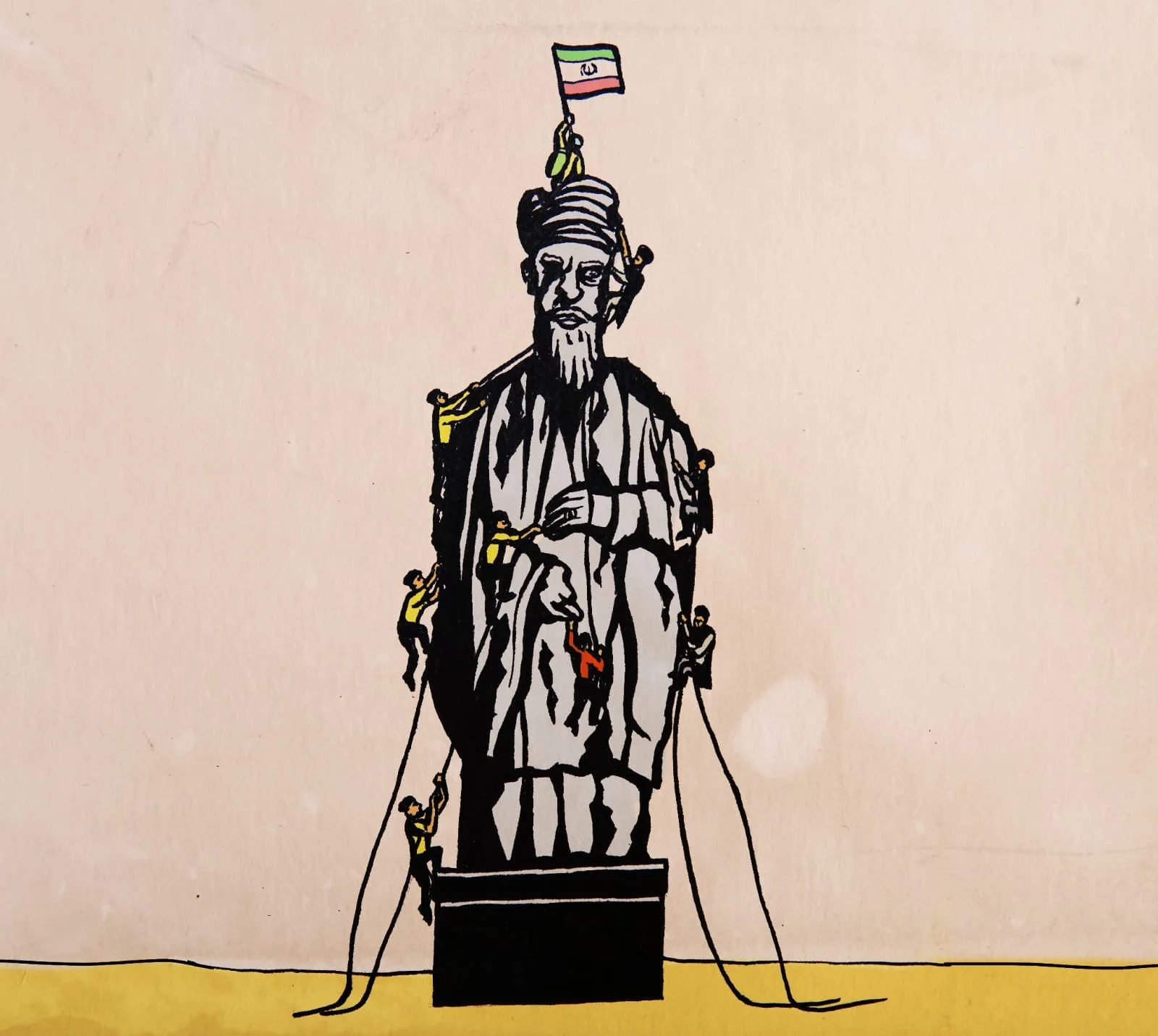A declining Chinese economy should be more a cause for celebration than despair
How reliable are China’s GDP numbers? In a country where delivery drivers with fake licenses can fill up their fake-brand motorbikes with fake petrol before delivering fake products to their customers, one would be forgiven for questioning the government’s official data. In most countries GDP is the sum of all produced final goods relative to their price, China ostensibly adopted this approach in line with UN guidelines in 1994 but when scrutinised the data appears somewhat suspect.




















